Tilt table testing is frequently performed to help identify the cause of unexplained, repeated symptoms, including fainting, lightheadedness, or episodes of dizziness. The test is performed to determine whether the cause of these symptoms is heart function or blood pressure. The tilt test can often trigger the symptoms you have been experiencing while your heart rate and blood pressure are being monitored.
Is a Tilt Table Test Scary or Difficult to Experience?
A tilt table test is a safe diagnostic test. You may feel intimidated about a test that is geared to trigger a fainting spell. The test is performed under close supervision, and your body is safely held in place during the test, so there is no risk to you. Should you begin to faint, you will quickly be moved back into the horizontal position. We will be monitoring you throughout the test, and you should feel free to communicate with us throughout the entire procedure – we are here to help.


